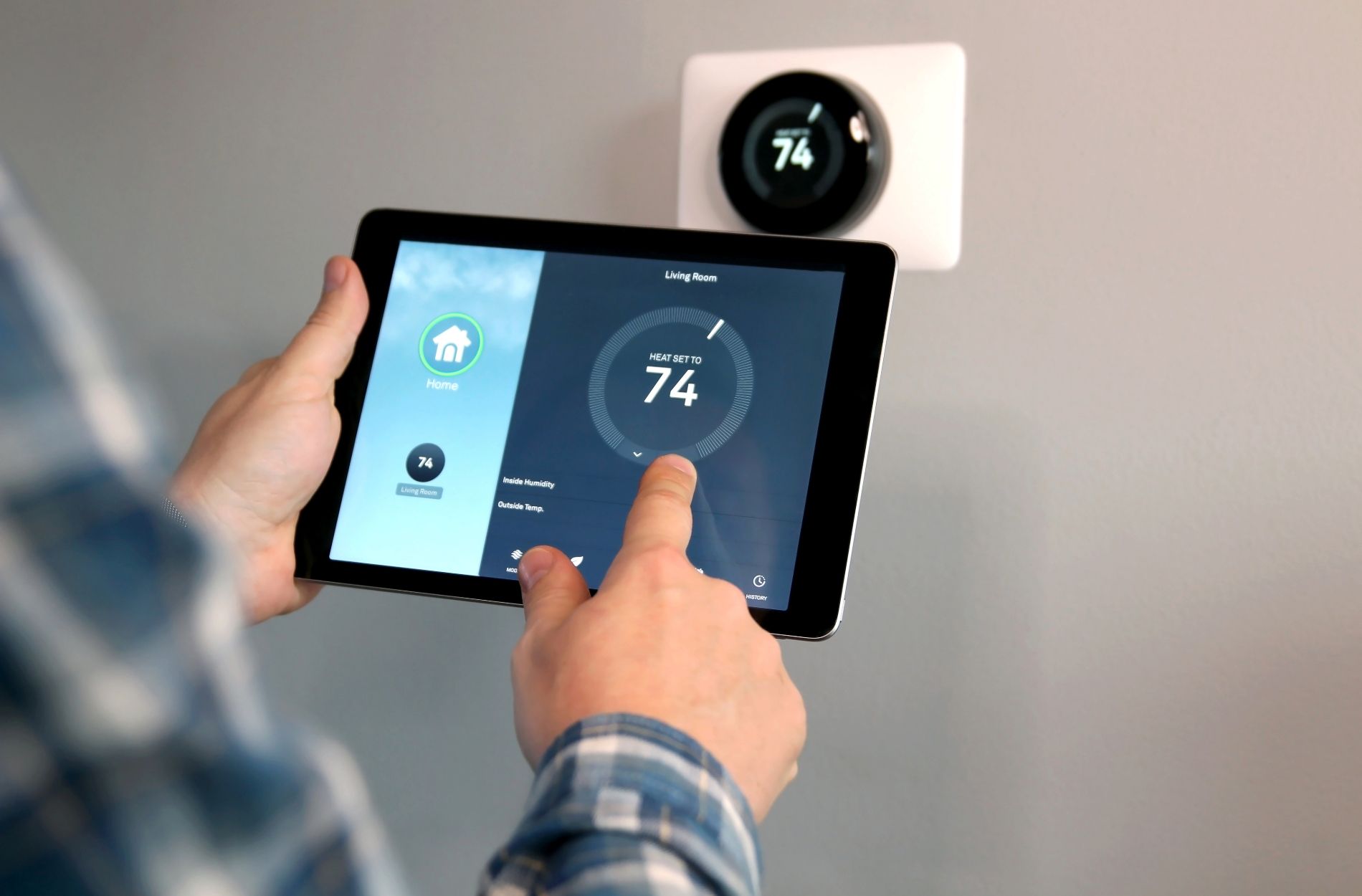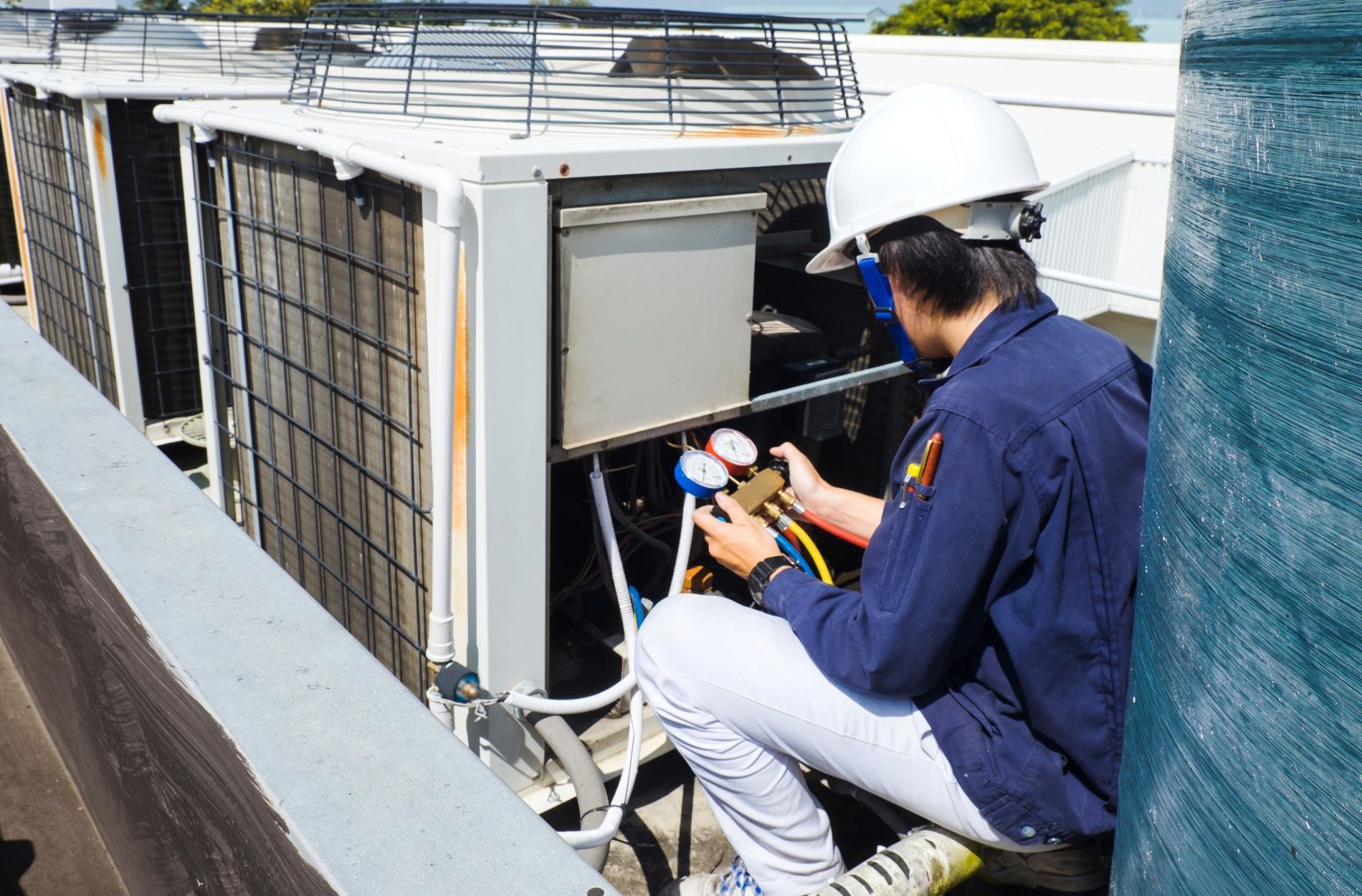Best Practices for Choosing the Right HVAC System for Your Home
Choosing the right heating, ventilation, and air conditioning (HVAC) system is crucial to ensure comfort and energy efficiency in your home. An HVAC system that fits your specific requirements will not only maintain a comfortable living environment but also save you money on energy bills and minimize your carbon footprint. With myriad options available in the market today, selecting the perfect system for your home can seem like an overwhelming task. However, by keeping some vital factors in mind and following best practices, you can make an informed decision and invest in an HVAC system that best suits your household needs. This blog post will guide you through the process of choosing the right HVAC system for your home by examining various factors such as size, efficiency, type, and cost.
Before delving into the factors to consider when selecting an HVAC system, it's crucial first to assess your home's requirements thoroughly. This assessment will help outline specific criteria that your HVAC system must meet, such as the required heating and cooling capacity, energy efficiency, and compatibility with your home's existing infrastructure. Factors such as the size and layout of your home, local climate, insulation level, and your family's comfort preferences will all play a role in determining the ideal HVAC solution. Additionally, consulting with an experienced HVAC professional will ensure a comprehensive evaluation and help guide your decision-making process.
Once you have a clear understanding of your home's requirements, it's time to examine the various factors that will contribute to your ideal HVAC system choice. Some essential aspects to consider include system size, energy efficiency, type of system, and cost. Balancing these factors according to your needs and preferences will help you find the perfect HVAC solution for your household. In the upcoming sections, Anytime Heating & Air will detail the best practices for each of these factors, providing a comprehensive guide to help you make an informed decision when choosing your HVAC system.
Best Practices for Choosing the Right HVAC System for Your Home
Understanding HVAC System Types
To make an informed decision, first familiarize yourself with the various types of HVAC systems available in the market. These include:
1. Split Systems: The most common type of HVAC system, consisting of an indoor unit and an outdoor unit, both connected by refrigerant lines. Split systems typically include an air conditioner or heat pump for cooling and a furnace for heating.
2. Packaged Systems: These units combine both heating and cooling components in a single outdoor unit, making them ideal for homes with limited indoor space. Packaged systems are common in warmer climates where heating needs are minimal.
3. Ductless Mini-Split Systems: As their name suggests, these systems do not require ductwork and consist of an outdoor unit connected to one or more indoor units. Mini-splits are energy-efficient, provide excellent zone control, and are perfect for homes without existing ductwork or smaller spaces.
4. Heat Pumps: Heat pumps are energy-efficient systems that can provide both heating and cooling by transferring heat between the indoor and outdoor spaces. They work best in moderate climates, but can be combined with supplemental heating systems in colder regions.
Factors to Consider When Choosing an HVAC System
Now that you have a basic understanding of the different types of HVAC systems, it's time to consider the factors that will help you determine the best fit for your home.
1. System Size
One of the most critical factors when choosing an HVAC system is determining the appropriate size to meet the heating and cooling needs of your home. An incorrectly sized system will not only struggle to maintain a comfortable temperature, but it may also experience frequent breakdowns, operate inefficiently, and have a shorter lifespan. To determine the correct size, you or a professional should conduct a load calculation based on the unique characteristics of your home, such as square footage, insulation levels, number of windows, and climate.
2. Energy Efficiency
Energy efficiency is a crucial consideration when selecting an HVAC system, given that it directly impacts your energy bills, environmental footprint, and overall comfort. Look for a system with a high Seasonal Energy Efficiency Ratio (SEER) rating for air conditioning, a high Heating Seasonal Performance Factor (HSPF) for heat pumps or a high Annual Fuel Utilization Efficiency (AFUE) for furnaces, as these ratings indicate higher efficiency levels.
3. Special Features and Technology
Modern HVAC systems often include advanced features that can improve comfort, convenience, and efficiency. For example, variable-speed motors can adjust airflow and temperature more accurately, smart thermostats can provide better control and automation, and indoor air quality products like humidifiers and air purifiers can enhance overall home comfort. Assess the value of these features in relation to your needs and budget to decide what might best suit your home.
4. Cost and Budget
Lastly, it's essential to consider the cost of the HVAC system, including the initial investment, installation, and potential utility rebates, as well as long-term operational costs, which include energy bills and maintenance expenses. While high-efficiency units may have a higher upfront cost, they can save you money in the long run through reduced energy bills and may qualify for tax credits or rebates.
Consulting with an HVAC Professional
As mentioned earlier, working with a knowledgeable HVAC professional is instrumental in helping you choose the right system for your home. A professional can guide you by:
1. Performing a Load Calculation: An HVAC professional can conduct an accurate load calculation to determine the appropriate size of the system for your home, ensuring efficient and effective operation.
2. Recommending Suitable System Types and Brands: Based on the unique characteristics of your home, an HVAC professional can recommend the most suitable system type, as well as highlight reputable brands that offer high-quality, reliable products.
3. Providing Expert Installation: Proper installation is essential for the optimal functioning of an HVAC system. An experienced technician will ensure that your system is installed correctly, minimizing the likelihood of future issues.
4. Assisting with Maintenance and Repairs: Ongoing maintenance and repair services are required to keep your HVAC system running efficiently. A professional can provide expert advice on maintenance routines and address any issues promptly.
Conclusion
Selecting the right HVAC system for your home involves careful consideration of several factors, including system size, energy efficiency, type, and cost. Armed with the knowledge of different HVAC systems and a thorough understanding of your home's specific requirements, you can make an informed choice that will ensure a comfortable and energy-efficient home. Engaging the services of an experienced
HVAC professional like those from Anytime Heating & Air will further help you navigate the process and provide invaluable advice on the best system for your needs. Choose wisely, and enjoy the long-lasting comfort that the perfect HVAC system will bring to your home.


